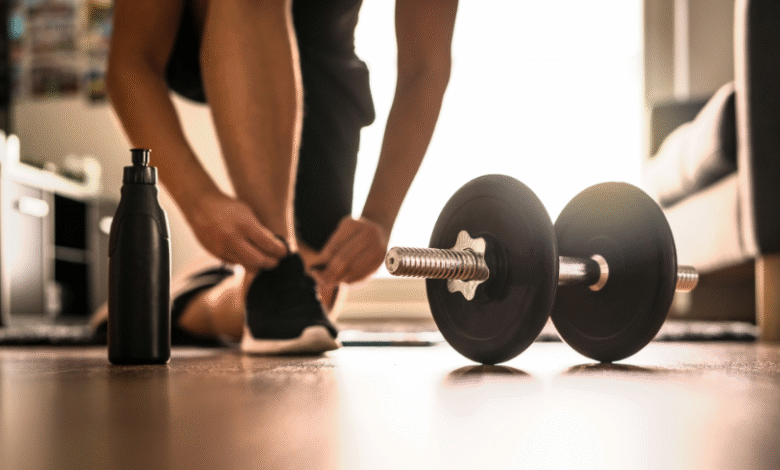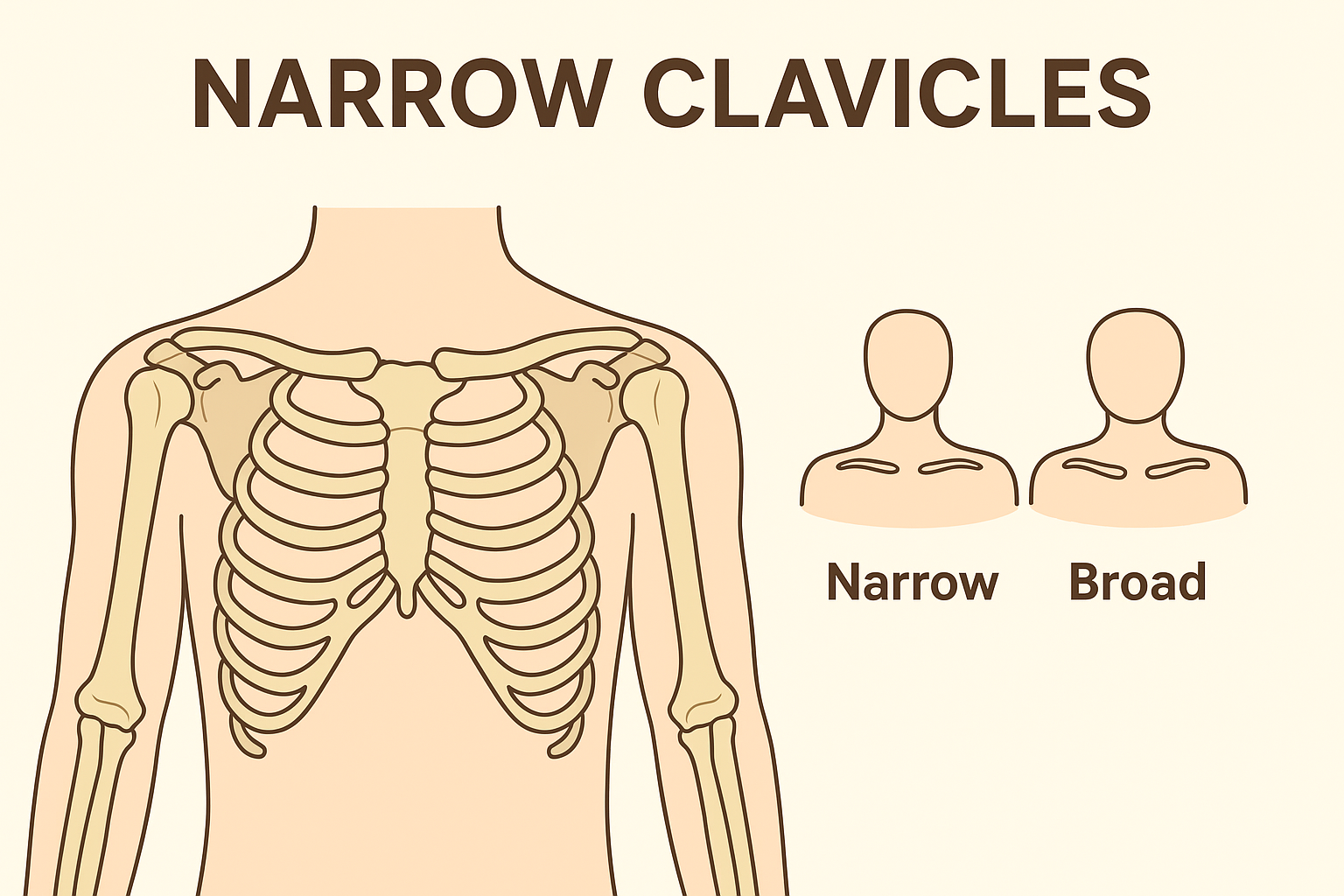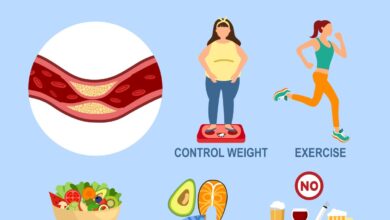Benefits of Morning Exercise: Why Starting Your Day with Movement Changes Everything

Have you ever wondered why so many successful people start their mornings with exercise? Maybe you’ve seen friends or colleagues posting sunrise runs or early gym sessions and thought, “Why would anyone choose to sweat before breakfast?” The truth is, morning exercise is not just about physical fitness—it can completely change the way you feel, think, and perform throughout your entire day.
In this article, we’ll dive deep into the benefits of morning exercise, breaking it down into physical, mental, and lifestyle improvements. Whether you’re a night owl struggling to get moving or someone curious about shifting to a healthier routine, you’ll find insights here that might just inspire you to set that alarm a little earlier.
The Science Behind Morning Exercise
Before we get into the personal benefits, let’s understand why the morning is so powerful for workouts. Our bodies run on a natural internal clock called the circadian rhythm. This rhythm influences energy levels, hormone release, and alertness.
In the morning, cortisol levels are naturally higher. While people often associate cortisol with stress, in the right balance, it gives your body the push it needs to wake up and get moving. Exercising at this time takes advantage of that natural energy spike. It also helps regulate other hormones, improving metabolism and overall mood.
When you work out early, you’re essentially aligning with your body’s natural rhythm instead of fighting against it.
Boosting Energy Levels Throughout the Day
One of the most noticeable benefits of morning exercise is the way it energizes you. Instead of reaching for an extra cup of coffee, a good workout floods your body with endorphins. These “feel-good” chemicals act like natural energy boosters, keeping you alert and focused.
People who exercise in the morning often report less fatigue during the day. That’s because movement improves circulation and oxygen flow, fueling both your muscles and your brain. By the time you start work or school, you’re already ahead with sharper focus and higher energy levels.
Morning Workouts Improve Mental Clarity
Do you struggle with brain fog in the morning? A quick workout can clear it up better than scrolling your phone in bed. Exercise increases blood flow to the brain, which improves concentration, memory, and decision-making skills.
Think of your morning workout as hitting the reset button on your mind. Instead of dragging yourself into tasks half-asleep, you walk into them ready to go. Over time, this sharpness becomes a habit, giving you a mental edge in everything from meetings to studying.
Setting a Positive Tone for the Day
How you start your morning often sets the mood for the rest of the day. If you begin with exercise, you’re telling yourself that health and productivity matter. That mindset tends to spill over into other choices—like eating a balanced breakfast, staying hydrated, and making better decisions overall.
On the flip side, when mornings start with rushing, stress, or skipping self-care, the day can feel chaotic. A morning workout grounds you, creating a routine that builds confidence and self-discipline.
Consistency Is Easier in the Morning
One of the biggest struggles with fitness is sticking to it. By the time the afternoon or evening rolls around, unexpected responsibilities, fatigue, or social plans can push workouts aside.
Exercising in the morning helps you avoid those distractions. You get it done before the world has a chance to interfere. That consistency adds up—making it more likely that you’ll actually achieve your fitness goals.
Better Sleep Quality at Night
It may seem backward, but exercising early in the day can actually improve your sleep at night. Physical activity raises your body temperature and increases alertness, which is great during the day. But by bedtime, your body naturally cools down, helping you fall asleep faster and rest deeper.
Evening workouts, especially intense ones, can sometimes disrupt sleep by keeping your heart rate and adrenaline high. Morning exercise avoids that problem entirely, allowing you to enjoy both the energy boost during the day and the relaxation at night.
Weight Management and Metabolism Boost
If weight management is one of your goals, morning workouts can be a game-changer. Exercising before breakfast, often called “fasted cardio,” encourages your body to burn stored fat for energy. While results vary, many people find this timing effective for weight loss and metabolism regulation.
Beyond calorie burn, morning exercise influences appetite hormones. It helps balance ghrelin (the hunger hormone) and leptin (the hormone that signals fullness), making it easier to avoid overeating throughout the day.
Building Mental Resilience
Exercise is not just physical—it challenges the mind as well. Starting your day with something that requires discipline and effort trains your brain to handle challenges better. It teaches resilience, patience, and the ability to push through discomfort.
This mental toughness carries over into other parts of life. When you’ve already overcome the resistance to wake up early and work out, daily obstacles feel less overwhelming.
Morning Exercise Enhances Mood
If you’ve ever felt that “post-workout glow,” you know how powerful exercise can be for mood. Morning workouts, in particular, give you a dose of positivity right when you need it most.
Instead of starting the day groggy or stressed, you begin with endorphins. These chemicals fight anxiety, reduce stress, and even lower the risk of depression. Many people describe morning exercise as a natural antidepressant that keeps them emotionally balanced throughout the day.
The Social Advantage of Morning Exercise
Morning exercise can also have social benefits. Many fitness groups, yoga studios, and running clubs offer early morning sessions. Joining them not only keeps you accountable but also builds a sense of community.
Surrounding yourself with others who prioritize health can inspire you to stick with your goals. It’s also a great way to make new connections while doing something positive for yourself.
Practical Tips for Starting a Morning Exercise Routine
Switching to morning workouts isn’t always easy, especially if you’re not a morning person. But with the right approach, you can ease into it. Here are a few tips:
- Prepare the night before – Lay out your workout clothes, pack your gym bag, and set your water bottle where you’ll see it.
- Start small – You don’t need a full hour at first. Even 10–15 minutes of stretching, walking, or bodyweight exercises can help you adjust.
- Use gradual wake-up methods – Place your alarm clock across the room so you have to get out of bed. Natural light alarms or opening the blinds can also help.
- Stay consistent – Try to exercise at the same time each day so your body adapts.
- Reward yourself – Enjoy a nutritious breakfast, a smoothie, or even just the satisfaction of checking off your workout from your to-do list.
Common Myths About Morning Exercise
There are a few misconceptions that keep people from trying morning workouts. Let’s clear them up:
- Myth 1: You need to exercise for hours. In reality, short, focused workouts can be just as effective.
- Myth 2: You can’t build muscle in the morning. With proper nutrition and consistency, strength training works at any time of day.
- Myth 3: Only early risers benefit. Anyone can adjust to a morning routine with practice—it’s not limited to “morning people.”
Finding the Right Type of Morning Exercise
Morning workouts don’t have to look the same for everyone. The best type of exercise is the one you’ll actually stick with. Here are some popular choices:
- Running or jogging – Great for cardiovascular health and clearing your mind.
- Yoga or stretching – Perfect for flexibility, relaxation, and mental clarity.
- Strength training – Builds muscle and boosts metabolism throughout the day.
- Cycling or walking – Low-impact options that still deliver benefits.
- HIIT (High-Intensity Interval Training) – Short, powerful workouts for people with limited time.
Experiment with different styles until you find what feels enjoyable and sustainable.
How Morning Exercise Affects Productivity
Many professionals notice a direct link between morning workouts and work performance. Exercise sharpens focus, increases motivation, and reduces procrastination.
When you’ve already accomplished something before the day even begins, you carry that sense of achievement into your tasks. It creates momentum that makes tackling bigger challenges easier.
Long-Term Benefits of Morning Exercise
The immediate effects of morning exercise are great, but the long-term benefits are even more rewarding. Over months and years, consistent morning workouts can:
- Reduce the risk of chronic illnesses like heart disease and diabetes.
- Strengthen bones and muscles, reducing the risk of injuries.
- Slow down aging by keeping metabolism and mobility strong.
- Improve overall life satisfaction by balancing health, energy, and mood.
Balancing Morning Exercise with Lifestyle
Of course, morning exercise has to fit realistically into your lifestyle. It’s not about perfection—it’s about finding a balance that works for you. If waking up at 5 a.m. feels impossible, try 7 a.m. or even a mid-morning session.
The goal is to make it a consistent habit without sacrificing sleep or overwhelming yourself. Remember, quality sleep is just as important as exercise for overall health.
Conclusion: A Small Change with Big Results
Morning exercise might sound intimidating at first, but its benefits go far beyond physical fitness. From sharper focus and better moods to improved sleep and long-term health, starting your day with movement is one of the most rewarding habits you can build.
So the next time your alarm goes off, instead of hitting snooze, think of the energy, clarity, and positivity waiting for you on the other side of a workout. That small decision could set the tone for a healthier, more productive, and happier life.



